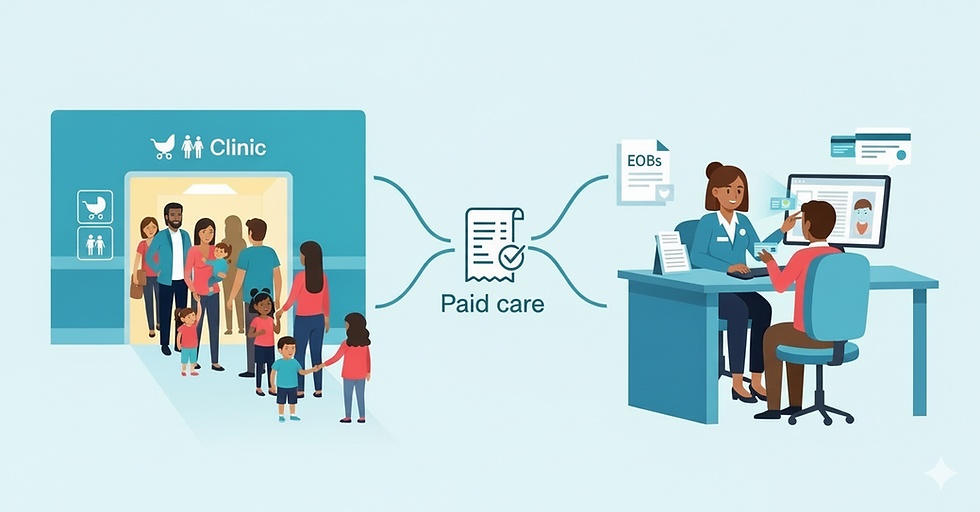Breaking News: Major Update in Landmark Mental Health Insurance Ruling!
- Nicholas Burt, LMFT

- Sep 6, 2023
- 2 min read

In August, in a pivotal development in the David Wit v. United Behavioral Health (UBH) case, the U.S. Court of Appeals for
the Ninth Circuit issued what can be termed a fourth Opinion. In this latest ruling, the court determined that a substantial group of insurance claimants now have the right to seek judicial review for their denied claims. This decision not only resurrects the argument that UBH potentially violated patients' rights but also brings to the forefront the contentious issue of insurance providers using internal coverage guidelines, including a cost-saving criterion, rather than Generally Accepted Standards of Care (GASC).
What makes this ruling particularly noteworthy is that it reverses the court's previous decision from March 2022. That earlier ruling had effectively dismissed all the claims, casting doubt on whether insurance providers could be held accountable for potentially denying critical mental health and substance use disorder (MH/SUD) services to those in need. The latest decision, however, breathes new life into the case and underscores the importance of ensuring fair and equal access to mental health care.
Reviving the Argument: Violation of Patients' Rights
The heart of the matter in the Wit case is the alleged violation of patients' rights. At its core, the argument revolves around whether insurance providers, like UBH, can employ their own internal coverage guidelines, which may prioritize cost savings, over Generally Accepted Standards of Care. This recent court ruling amplifies the debate on this issue, rekindling the belief that such practices may be infringing on the rights of those seeking essential MH/SUD services.
Reaffirming Mental Health Parity Laws
This latest development reaffirms the significance of mental health parity laws, particularly the Mental Health Parity and Addiction Equity Act (MHPAEA). MHPAEA requires that insurance providers treat MH/SUD services on equal footing with medical and surgical services. This means that limitations, such as deductibles and treatment restrictions, must be consistent across all areas of care.
Implications for Mental Health Treatment Providers and Insurance Billing
The implications of this ruling extend beyond legal circles. Mental health treatment providers should closely monitor these developments. Compliance with evolving mental health parity legislation is paramount to providing the best possible care while navigating the intricacies of insurance billing.
Furthermore, this court decision has the potential to reshape insurance billing practices across the mental health landscape. It reinforces the need for insurance providers to ensure that their coverage aligns with mental health parity laws and that patients encounter minimal obstacles when seeking MH/SUD services.
Conclusion
The U.S. Court of Appeals for the Ninth Circuit's recent ruling in the David Wit case rekindles a critical conversation surrounding mental health parity, patients' rights, and insurance billing practices. It serves as a reminder of the collective responsibility to ensure equitable access to essential mental health and substance use disorder services for all individuals. As we move forward, collaboration among stakeholders will be essential to shape a healthcare landscape that prioritizes accessible and high-quality mental health care. Should you have any questions or wish to discuss how this ruling might impact your specific situation, please do not hesitate to contact us.




Comments